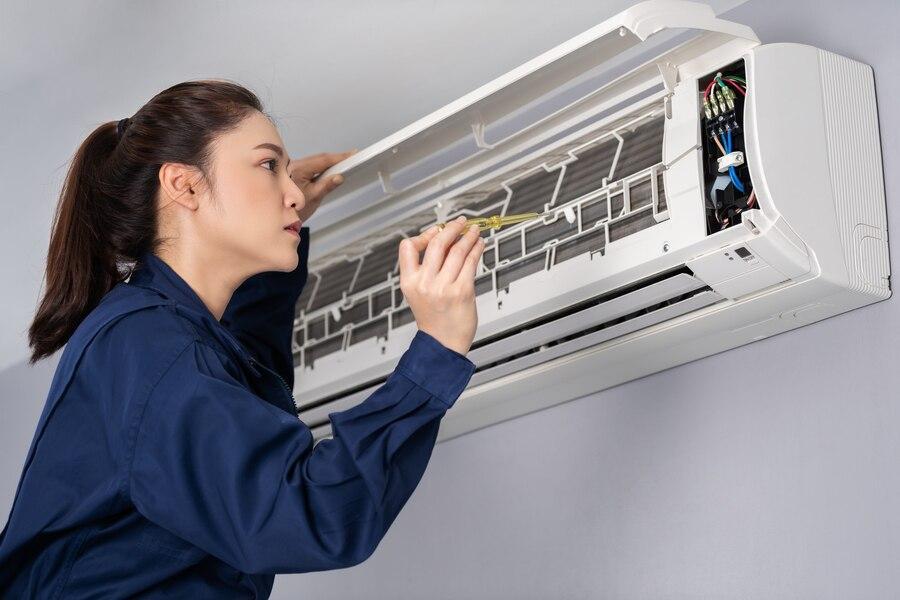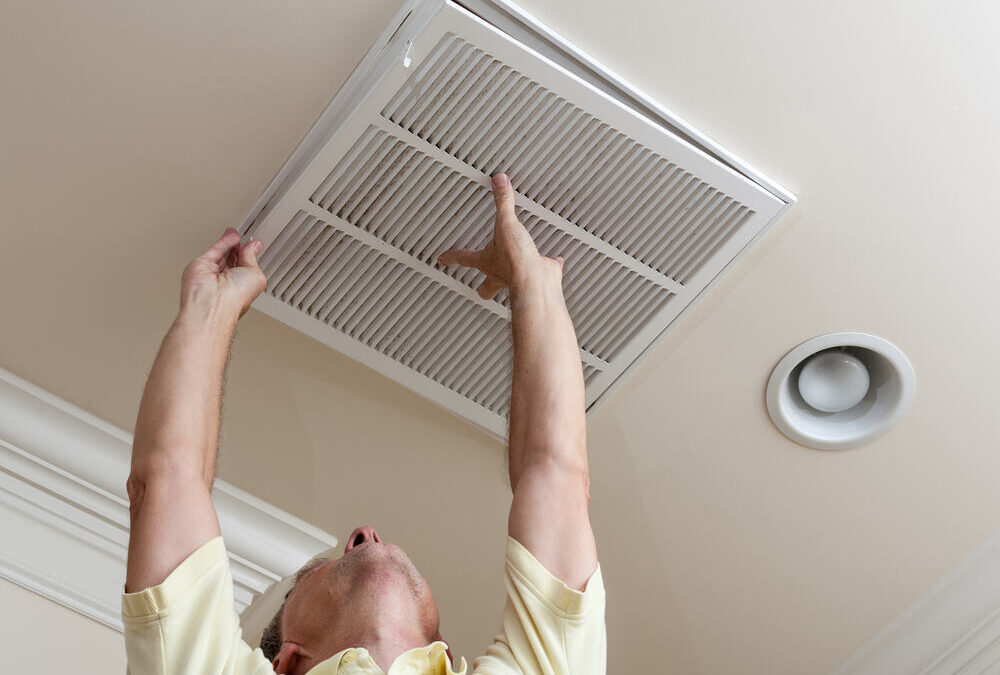The presence of mold in HVAC systems is a common issue faced by both homeowners and business owners. Addressing this problem is crucial, not only to maintain the efficiency of your HVAC system but also to ensure the health and safety of everyone in the environment. In this article, we will explore various remedies for mold in HVAC systems, providing you with actionable solutions and tips to tackle this issue effectively.

Understanding Mold in HVAC Systems
Mold can develop in HVAC systems due to several factors, including moisture accumulation, poor ventilation, and inadequate maintenance. The dark and damp environment inside HVAC systems creates an ideal breeding ground for mold spores to thrive. Understanding the root causes is the first step in addressing this problem.
Causes of Mold Growth
One of the primary reasons for mold growth in HVAC systems is excessive moisture. This can result from condensation within the system, leaks, or high humidity levels. Additionally, dirt and debris accumulation can further exacerbate the issue, providing nutrients for mold to flourish.
Signs of Mold in Your HVAC System
Identifying mold growth early is crucial for effective remediation. Common signs include musty odors, visible mold on vents or ducts, and unexplained respiratory issues among occupants. If you notice any of these signs, it is essential to take immediate action.
Effective Remedies for Mold in HVAC Systems
Addressing mold in HVAC systems requires a multi-faceted approach. Here are some effective remedies:
1. Regular Maintenance
Regular maintenance is key to preventing mold growth. Ensure that your HVAC system is inspected and cleaned at least twice a year. This includes changing air filters, cleaning ducts, and checking for leaks or condensation issues. For more maintenance tips, visit maintenance tips.
2. Control Humidity Levels
Maintaining optimal humidity levels is crucial in preventing mold growth. Use dehumidifiers to keep indoor humidity between 30-50%. This will help minimize moisture accumulation within the HVAC system.
3. Use Mold Inhibitors
Mold inhibitors can be added to HVAC systems to prevent mold growth. These products are specifically designed to create an environment that is inhospitable to mold spores.
4. Professional Cleaning
If mold growth is extensive, it is advisable to seek professional cleaning services. Professionals have the necessary equipment and expertise to effectively remove mold from your HVAC system. Learn more about safe removal at safe removal.
Preventing Future Mold Growth
Prevention is always better than cure. Here are some proactive measures to prevent future mold growth:
1. Improve Ventilation
Ensure that your HVAC system has proper ventilation to prevent moisture buildup. This can be achieved by installing exhaust fans and ensuring that air vents are not blocked.
2. Regular Inspections
Conduct regular inspections of your HVAC system to identify potential issues before they escalate. Early detection of leaks or moisture accumulation can prevent mold from developing.
3. Use High-Quality Air Filters
Invest in high-quality air filters that can trap mold spores and prevent them from circulating in your HVAC system. Replace these filters regularly to maintain their effectiveness.
Conclusion
Addressing mold in HVAC systems is essential for maintaining a healthy indoor environment. By understanding the causes, implementing effective remedies, and taking preventive measures, homeowners and business owners can ensure that their HVAC systems remain mold-free. For more information on preventing odors in ducts, visit long-term fix.

FAQ
1. How can I tell if there is mold in my HVAC system?
Common signs include musty odors, visible mold on vents or ducts, and unexplained respiratory issues among occupants.
2. What should I do if I find mold in my HVAC system?
Immediate action should be taken, such as cleaning the affected areas and addressing the root causes of mold growth.
3. Can I remove mold from my HVAC system myself?
While minor mold issues can be addressed with DIY methods, extensive mold growth should be handled by professionals. For more information, check out musty odors.
This article contains affiliate links. We may earn a commission at no extra cost to you.